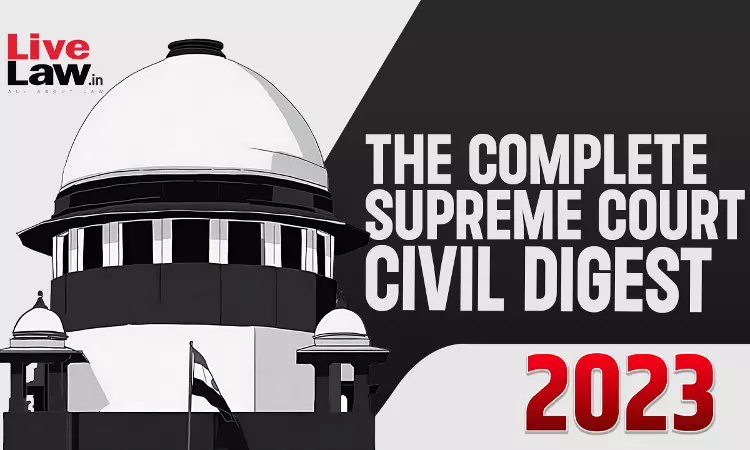Next Story
17 March 2024 8:36 AM IST
AbortionFoetus has no separate identity from its mother; Women can't be forced to undergo pregnancy at risk of physical and mental trauma. In the matter of Union of India, 2023 LiveLaw (SC) 881Woman alone has the right over her body; she's the ultimate decision maker on abortion. XYZ v. State of Gujarat, 2023 LiveLaw (SC) 680'Forcing woman to have child born out of rape against...

